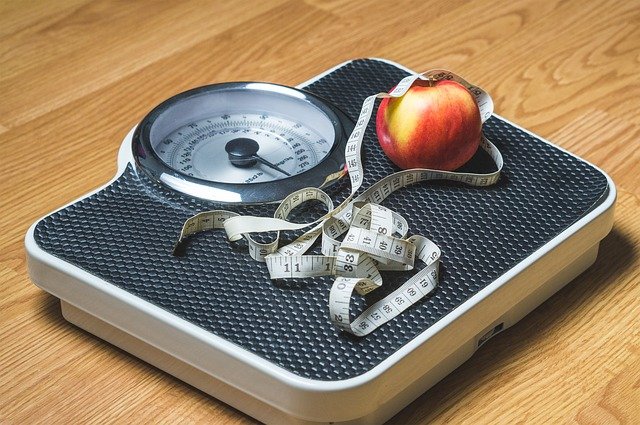
Most people inherently know that keeping a healthy weight boils down to three things: eating healthy, eating less, and being active. But in fact, doing that can be quite tough.
Recent research has shown that m people who diet will regain 50% of the lost weight in the first year after losing it. Much of the rest will regain it in the following three years.
Researchers suggest the weight regain is due to unhealthy lifestyle habits.
This means people unconsciously eat without reflection, deliberation or any sense of awareness of what or how much food we select and consume.
In a recent study, researchers from Bond University suggest 10 healthy habits people who want to lose weight should form:
Keep to a meal routine
Eat at roughly the same times each day. People who succeed at long-term weight loss tend to have a regular meal rhythm (avoidance of snacking and nibbling).
A consistent diet regimen across the week and year also predicts subsequent long-term weight loss maintenance
Go for healthy fats
Choose to eat healthy fats from nuts, avocado and oily fish instead of fast food. Trans-fats are linked to an increased risk of heart disease.
Walk off the weight
Aim for 10,000 steps a day. Take the stairs and get off one tram stop earlier to ensure you’re getting your heart rate up every day.
Pack healthy snacks when you go out
Swap crisps and biscuits for fresh fruit.
Always look at the labels
Check the fat, sugar and salt content on food labels.
Caution with your portions
Use smaller plates, and drink a glass of water and wait five minutes then check in with your hunger before going back for seconds
Break up sitting time
Decreasing sedentary time and increasing activity is linked to substantial health benefits.
Time spent sedentary is related to excess weight and obesity, independent of physical activity level.
Think about your drinks
Choose water and limit fruit juice to one small glass per day.
Focus on your food
Slow down and eat while sitting at the table, not on the go. Internal cues regulating food intake (hunger/fullness signals) may not be as effective while distracted.
Always aim for five serves of vegetables a day
Fruit and vegetables have high nutritional quality and low energy density.
Eating the recommended amount produces health benefits, including a reduction in the risk of cancer and coronary heart disease.
Copyright © 2019 Knowridge Science Report. All rights reserved.



